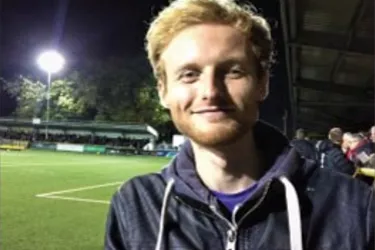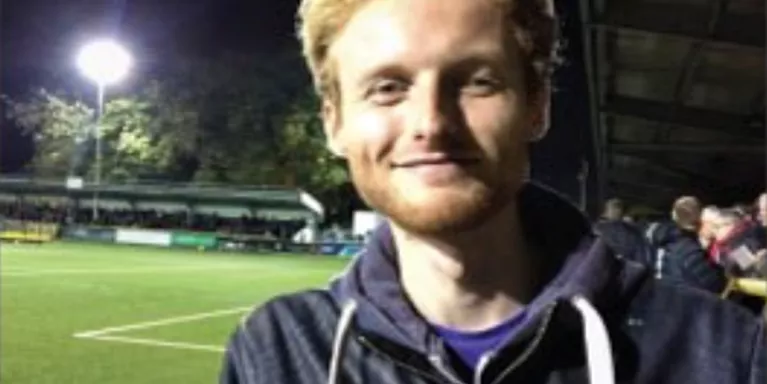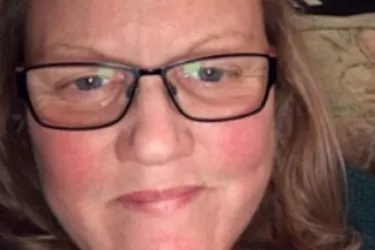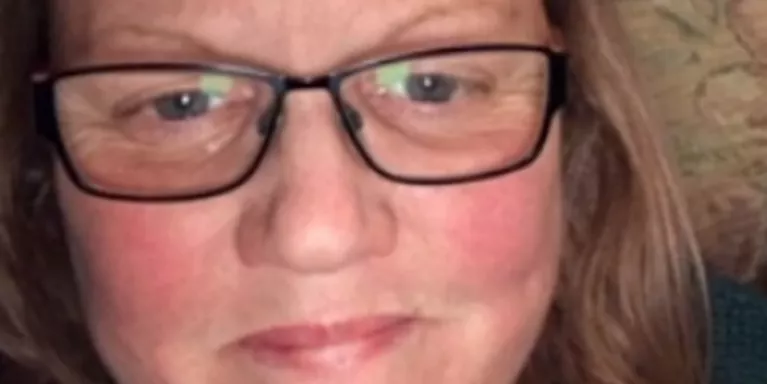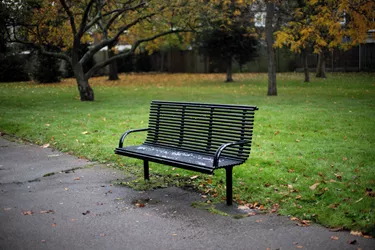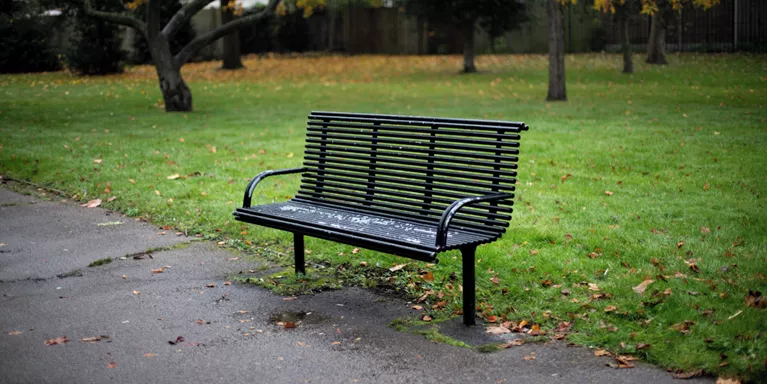Living with GAD & panic attacks after losing my Dad
Zoe shares her experience of living with Generalised Anxiety Disorder after her Dad passed away.
19th March 2007 is a date that will be etched in my memory forever.
It was the date my Dad passed away suddenly. Leading up the anniversary is always a very tough time and a time for reflection on what the past nine years have brought me…including a diagnosis of generalised anxiety disorder and panic attacks.
When my Dad died I was devastated. I felt as if my heart had physically broken. How could Dad, at the age of 59, not be here anymore? How would I cope without him? How would my mum and brother cope? How would I continue growing up without a father figure? I had so many questions, but none of the answers.
The feeling of pure terror during a panic attack when you ‘know’ you’re just about to faint, have a heart attack, or die.
"The feeling of pure terror during a panic attack when you ‘know’ you’re just about to faint, have a heart attack, or die."
These thoughts gradually took over my life, slowly at first, until I had such overwhelming anxiety I thought I was going mad. The anxiety got so bad and because I didn’t deal with it, it resulted in me suffering from crippling panic attacks.
After countless doctors' appointments I was finally diagnosed with GAD and panic attacks. My organised mind felt an instant relief to know that what I was experiencing had a 'name'.
Before I started experiencing anxiety and panic attacks I never understood what it was like, and I don’t expect anyone who doesn’t suffer from it to understand.
"I would hate to think people felt sorry for me – I’m a strong woman."
I envy people who don’t understand what I’m going through as it means they’ve never felt this crippling, overwhelming, all-encompassing feeling. The feeling of pure terror during a panic attack when you ‘know’ you’re just about to faint, have a heart attack, or die.
But for those of us who do suffer, we know how mentally and physically exhausting panic attacks and anxiety are and how we feel like we’re going mad, and that no one could possibly understand what it is we’re going through. And how we panic about the next panic attack.
We are wrong though. Some people do understand. They suffer themselves and can truly understand what it’s like and can reassure us without having to show us sympathy.
"There are people who don’t understand and use that wonderful line “just stop worrying”… oh how I wish it were that easy!"
I would hate to think people felt sorry for me – I’m a strong woman – so strong in fact I’ve lived with and fought this mental illness for nine years while holding down a good job, a boyfriend and a close set of friends.
I don’t know what your average anxiety suffer looks like. For me, I go through periods of feeling absolutely fine and like a fraud to have ever suggested I was an anxiety sufferer. I don’t have the sickness-at-the-pit-of-my-stomach feeling; I don’t irrationally worry; I don’t overthink or analyse every conversation; I don’t worry about going to a restaurant and whether I’m going to be able to eat or not; I don’t panic. And then *BANG* like a bolt out the blue, the thoughts, the anxiety, the panic, it appears from nowhere as if almost to say:
“here I am, don’t forget about me.”
And so the cycle continues…
That is why I’ve decided to be very honest about what I’ve been going through and I think it's helped me through the hard times. I talk openly about it with my family and friends and yes, there are people who definitely don’t understand and use that 'wonderful' line:
“just stop worrying"
Oh how I wish it were that easy!
"I really believe that talking is one of the best therapies you can have."
I know not to talk to certain friends about what I’m going through as I feel they just can’t understand (however hard they try – and that’s not their fault) but there are people in my life who have been amazing. And I mean ‘makes me stop in my tracks can’t believe how amazing this person is’ amazing. They’re patient, understanding, caring, non-judgmental and they listen. They don’t allow me to wallow in self-pity but they help me pick myself up again and battle on another day.
I also saw a bereavement counsellor that my doctor referred me to – while I was seeing him and opening up on a weekly basis, I felt a huge sense of calm. I really believe that talking is one of the best therapies you can have. Whether it be with a professional or a friend – or just someone you trust.
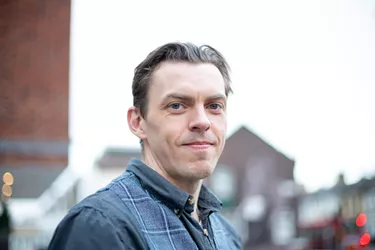

Information and support
When you’re living with a mental health problem, or supporting someone who is, having access to the right information - about a condition, treatment options, or practical issues - is vital. Visit our information pages to find out more.
Share your story with others
Blogs and stories can show that people with mental health problems are cared about, understood and listened to. We can use it to challenge the status quo and change attitudes.










